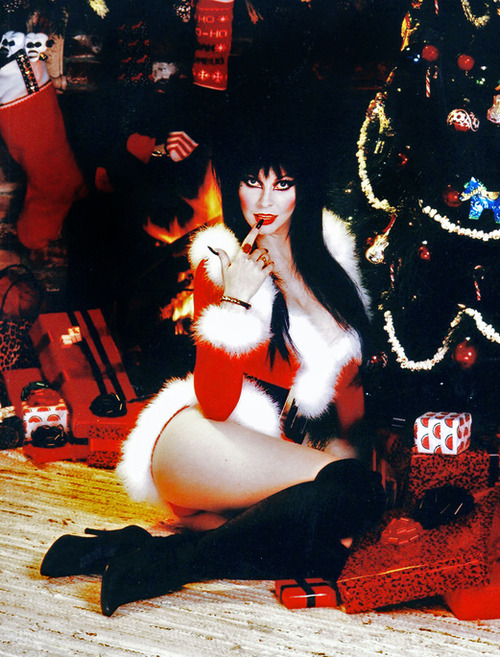Best wishes for the upcoming year with my absolute favourite track, due in March 2013. Ladies and gentlemen, Hurts (always and forever):
Month: December 2012
Mugdim Karabeg on “Thanatonaut”
I got an interesting mail recently. Two actually. A text in the first one, an explanation in the second. Our family friend Izet Duranović, after a recent visit to Kladuša, took my book over to the endless horizons of the US, which then encountered a great name in journalism and poetry – Mugdim Karabeg. As Izet himself says about him – and these words are scorched in my memory: “They say about him that he’s ‘the best journalist among poets and the best poet among journalists’. He’s the grandson of Šantić’s Emina – his mother is Emina’s daughter. He was the editor of Oslobođenje for a number of years and correspondent from the Middle East, as well as professor on faculties. He’s an honest, delightful journalistic, poetic and human soul.”
Therefore, I share with you his view on my book, as I’m left to offer my sincere gratitude to Mr Karabeg – and continue to be honoured up to the moment where I cannot even describe it with this little curly tools I use to weave the fabric of my reality – words, verses…
˝THANATONAUT˝ POETRY BY ILHANA ŠKRGIĆ
The first of poetry by ILHANA ŠKRGIĆ is a thick veil over the mysteries of life, seen and unseen from a special corner of the poet.
There is nothing in her lines that conveys immediately understandable and acceptable logic of life and death, love and hate, understanding and misunderstanding. Even to these terms themselves that denote life phenomena she gives names that are not easily connected to their roots, they are foreseen from a distance, which the reader needs to understand as the filed of one’s own associations connected with this poetics. But in that labyrinth of controversy, contrast which simultaneously neutralise and complete each other, there is a “red line” of commitment and truth of the poet’s experience, which the reader will understand in some way or another, left deep in questions and thoughts over the messages of these poetic verses. There lies the value of Ilhana’s writing: putting into the foreground man’s eternal questioning over the phenomena of this wondrous human existence, its multiple psychology that accepts and refuses truths and lies at the same time , seeking the non-existent ‘eternal truth’. This is left to those who delve into these lines to bring their own impressions and conclusions to the table and it seems to me that the poetic philosophy of this poet encompasses the personal psychology of living between the eternal Shakespearean dilemma “to be or not to be” under the veil of different emotions.
For example, the poem of acknowledging love:
“And I shall breathe, I breathe, I breathed
For you only
The world is your altar
And everything gleamed by the sun and covered in darkness is a sacrifice to you.”
(˝I ja ću disati, dišem, disah
Samo za tebe
Svijet je tvoj oltar
A sve obasjano suncem i pokriveno tamom žrtva je tebi.˝)
In these lines of the poem “And I’m the book of you then” (˝I ja sam knjiga tebe tad˝) there is no poetic dilemma about what she chooses. Love, only love, which she “breaths, breathed” then.
Right after this one, the poem “The Veil Of Illusion” (˝Koprena iluzije˝) as if it denies the truth of the positive emotion and conviction in the previous one. Because it says:
“The veil of illusion takes my breath away
And what are you to me than a welcome guest
While the winds chase time with their whips
Somewhere far away
Outside of this chamber
And with only a silent delusion announce
Another visit
You always leave sooner than they do
Inconsistent and untouchable like those readers
Of eternity
Am I loved by an illusion?”
(˝Koprena iluzije mi otima zrak
A šta si mi ti nego dobrodošao gost
Dok vjetrovi tjeraju vrijeme svojim bičevima
Negdje daleko
Izvan ove odaje
I samo tihim zavaravanjem najavljuju
Ponovnu posjetu
Uvijek odlaziš brže nego oni
Nestalan i neopipljiv poput tih jahača
Vječnosti,
Zar me voli iluzija?˝)
This is a counterpoint to the saying from the previous poem, where it says:
“The world is your altar
And everything gleamed by the sun and covered in darkness is a sacrifice to you.”
(˝Svijet je tvoj oltar
A sve obasjano suncem i pokriveno tamom žrtva je tebi.˝)
Ilhana’s verses flow in this riddle it is but at the same time it isn’t – the duality which shapes the form and fills the content into human psyche and emotions. On each letter, the reader stumbles over these dilemmas and secrets covered in deep veils of poetic imaginations. These enigmas will be discovered by readers of higher education and developed analytical intelligence, as well as delving deep into the spirituality of man and people in general. Therefore, I conclude that this poetry is not “for the average reader”, because it demands intellectual effort and readiness to be deciphered and with it its true value to be discovered. In any case, the first book by Ilhana Škrgić shows that she needs to continue with her creative work, with a pause on each verse, which should be a bit more understandable and a little less enigmatic, which will not devalue the poetics.
Mugdim Karabeg

